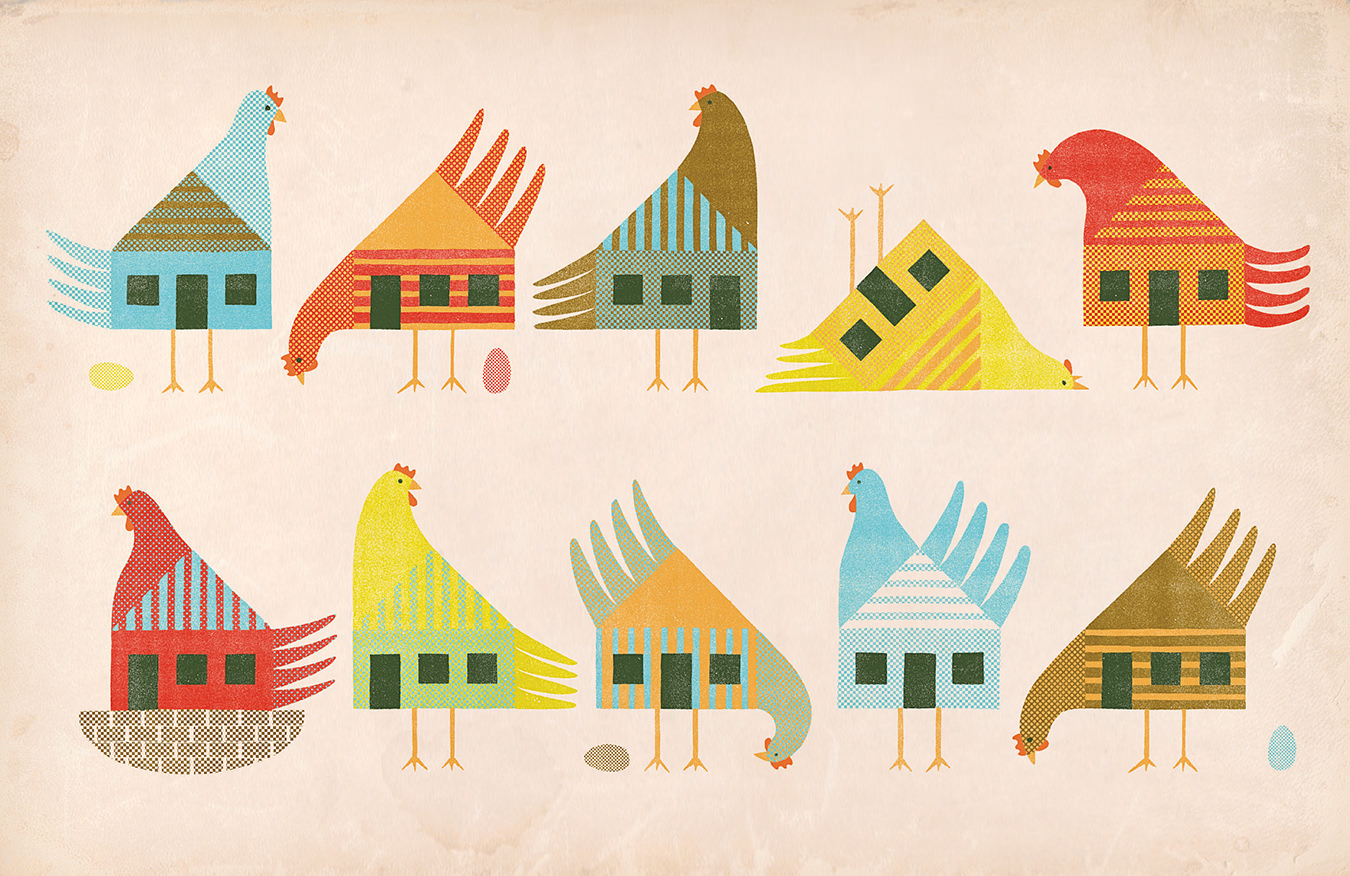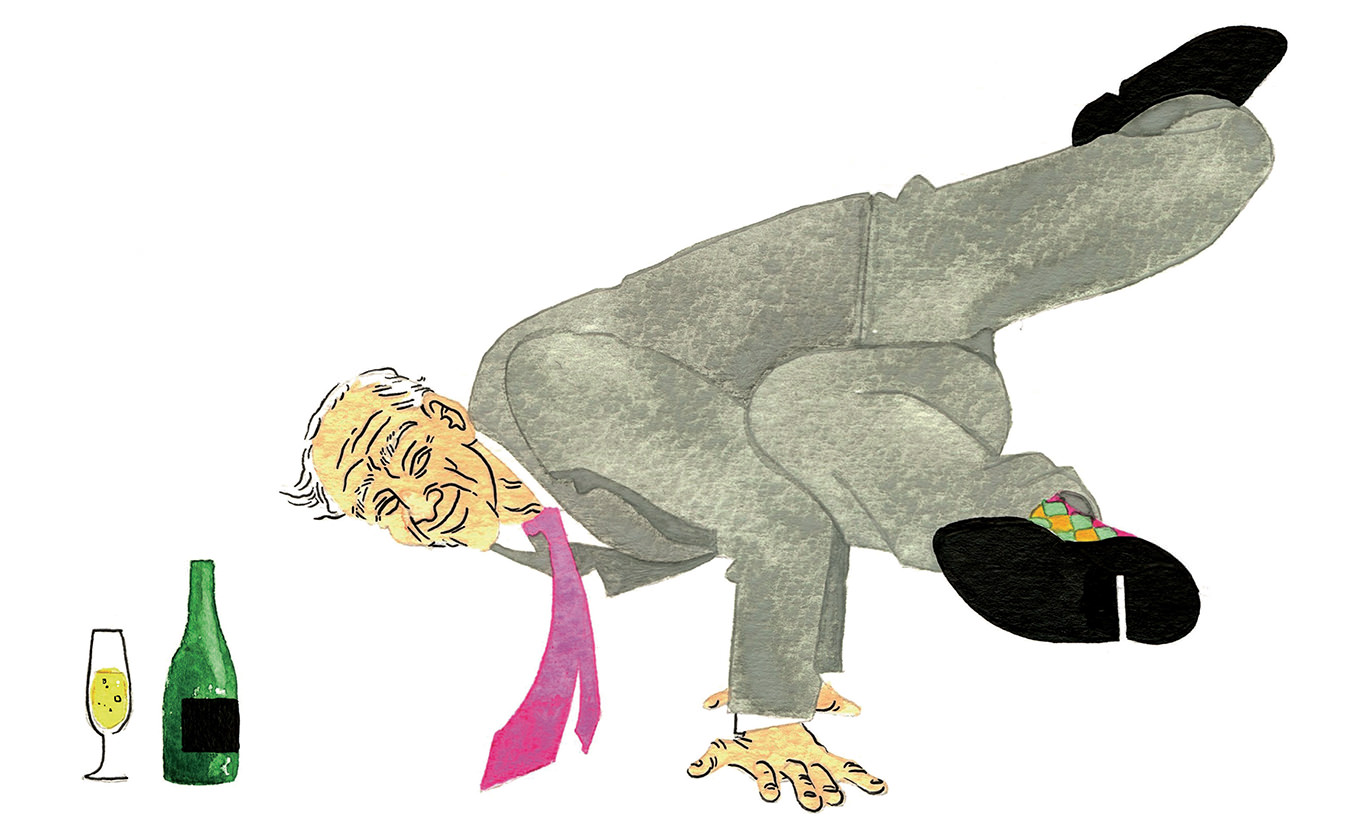Why European Football’s Not So Super League Got Ejected Before It Even Started
Red card.

Photo by Markus Spiske from Pexels
Hard tackle in the world of football recently: 12 of Europe’s best-known teams had their idea for a continental Super League thrown out before the players even left the tunnel. And, in an intriguing twist, the red card wasn’t doled out by the referees—nor the sport’s governing body, nor the broadcasters, nor the national governments—but by the fans themselves.
Whispers of such a real-life “league of legends” have been swirling around the pitch for years. And from an owner’s perspective, you can understand why. Collectively, the elite clubs of Europe’s national leagues generate untold billions of annual profits plus billions more in the cross-country Champions League tournament they typically dominate. By aggregating their power to negotiate broadcast rights, streaming royalties, corporate sponsorships, apparel deals, and (why not?) a slice of an ever-growing gambling pie, these “best of the best” clubs could reap exponentially more.
More importantly, by creating an invitation-only clique that would discard the traditional football meritocracy of promotion or demotion, such profits would become astronomical. Indeed, this was the central appeal for English clubs such as Manchester United, Tottenham Hotspur, or Chelsea that were invited to join based on their history rather than their recent performance: without a qualification round, there would be neither ignominy nor financial consequence for perpetual mediocrity.
The distraction of pandemic lockdowns seemed the ideal time for billionaire owners to turn their dreams into a gold-plated reality. But when word finally got out, fans quickly overwhelmed football websites, blogs, fan forums, chat rooms, and social media channels with their vitriol.
Players (including Liverpool’s entire squad) and former players denounced the project. In London, Chelsea fans took to the streets, blocking a team bus from entering the club’s stadium. Even the future King of England made it known that we were not amused. Within 48 hours, founding club Manchester City withdrew its support, with other English teams quickly following. With half its membership gone, the Super League was no more.
What went wrong? Simple: owners misunderstood both their customers and their product. As rich an enterprise as football may be to owners, to fans, it’s never been about the money. Rather, it’s about being part of something bigger, braver, and more meaningful than yourself. We Canadians know something of this: stories of hockey sweaters, Cold War grudge matches, and players lost on fishing trips are the yarn of our national tapestry. Across the pond, football is not a sport; it is a culture. The match is not what you watch; it is what you live. Your team is not who you root for; it is who you are.
Perhaps what happened was not so much the rejection of the Super League but the affirmation of this root. After so many years of rising inequality (both on the pitch and off), perhaps football has reached its tipping point: the moment when the fans stood up from their easy chairs, leaned out the window, and yelled that they would gladly trade membership in an elite but ultimately purposeless competition for something more valuable: a feeling that they will never walk alone.




